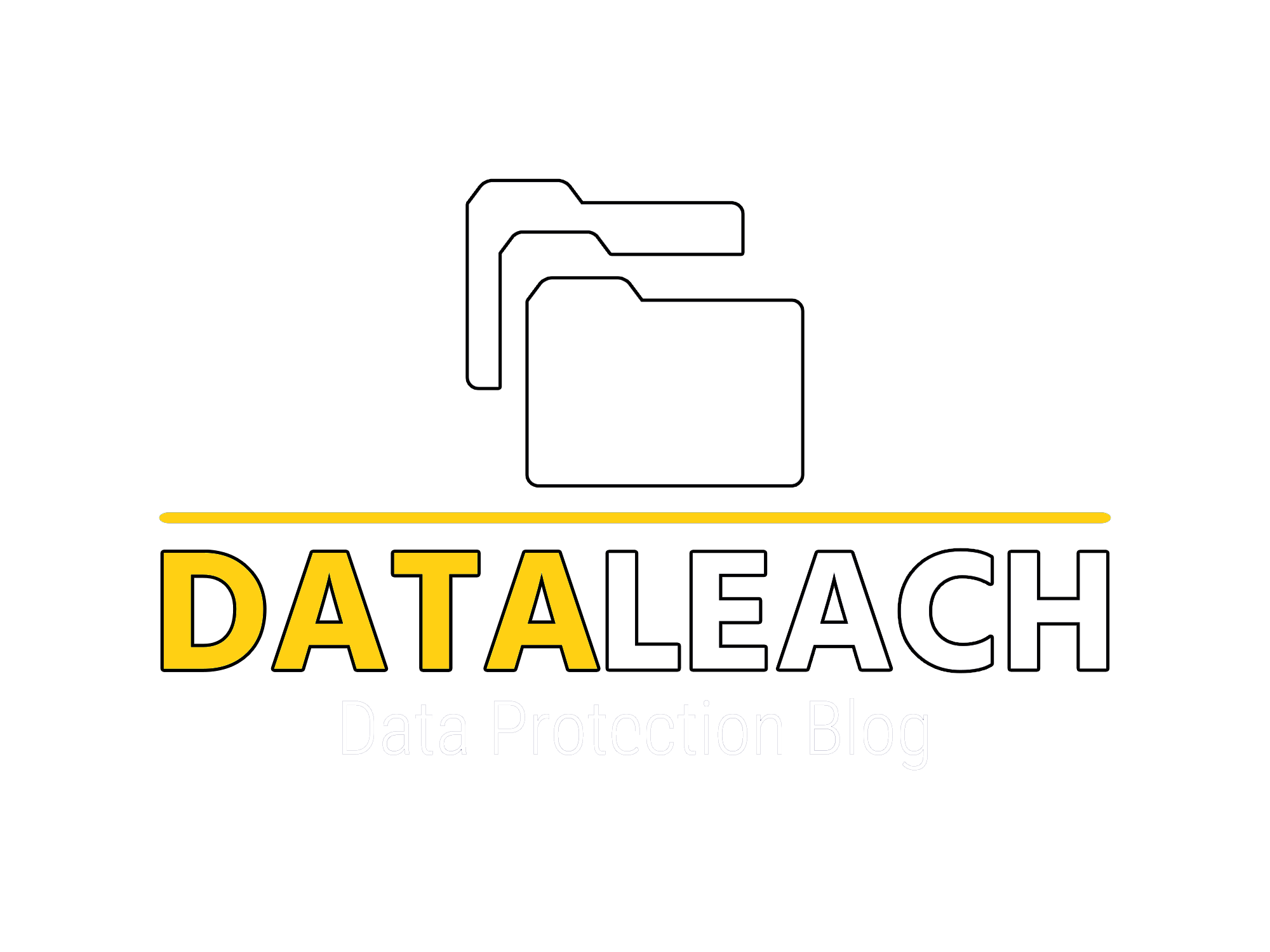Huge data sets have become a key element in various industries, including healthcare and manufacturing. The heavy reliance on these extensive information pools introduces intricate challenges in their recovery, often leading to significant operational disruptions and financial repercussions.
Unpacking Big Data Recovery Challenges
These datasets are vulnerable to a variety of threats, such as hardware malfunctions, software glitches, and cyber threats, including ransomware. Each challenge demands a tailored recovery approach. The financial and operational stakes are high, with significant costs associated with downtime due to such threats, especially ransomware, which jeopardizes the integrity of crucial information.
Strategies for Robust Data Backup and Recovery
Creating a resilient backup and recovery strategy is essential in safeguarding these digital assets. Ensuring frequent, comprehensive backups across diverse platforms enhances security and redundancy. Integrating state-of-the-art recovery technologies, such as Hadoop-based systems, is key in managing the complexities and sheer volume of modern digital information.
2024’s Technological Edge: AI and Edge Computing in Information Recovery
The current year has seen AI and Edge Computing become pivotal in enhancing recovery operations. AI’s role in elevating precision and speed in processing large information sets is crucial. Meanwhile, Edge Computing, by decentralizing information processing and bringing it closer to the origin, significantly eases network loads, streamlining management and hastening analysis and recovery operations.
Prioritizing Efficient Restoration and Security
In incidents of information loss, quickly restoring essential systems and datasets is paramount to reduce operational disruption. Regular testing and refining of recovery strategies ensure preparedness and effectiveness. Integrating strong security and compliance measures, especially for sensitive data, is vital to complying with regulations such as GDPR or HIPAA.
Innovative Storage Solutions: Embracing the Future with Cloud and Hybrid Platforms
Responding to the exponential growth of information generation, cloud and hybrid cloud platforms have emerged as vital solutions. These systems offer adaptable storage options tailored to meet the diverse needs of various sectors, especially those with strict regulatory demands. The shift towards data lakes is also notable, providing a versatile approach to handling complex information ecosystems.
DataOps and Data Stewardship: Transforming Information Management
The expansion of digital information has spurred the adoption of new management methodologies like DataOps, coupled with a stronger focus on data stewardship. These practices ensure agile data governance and privacy, vital in today’s complex digital environments.
Ensuring Continuity in the Face of Digital Challenges
Minimizing the impact on operations through prompt restoration is key in maintaining continuity. Regularly updating business continuity plans to align with evolving operational priorities and technological advancements is crucial for effective information management.
Conclusion:
In conclusion, mastering big data recovery in 2024 is crucial for maintaining operational efficiency and safeguarding sensitive information across various industries. The integration of advanced technologies such as AI and Edge Computing into recovery strategies has significantly improved the precision and speed of data processing. Moreover, the adoption of innovative storage solutions, including cloud and hybrid platforms, has provided adaptable and scalable options for managing the ever-growing volumes of data.

